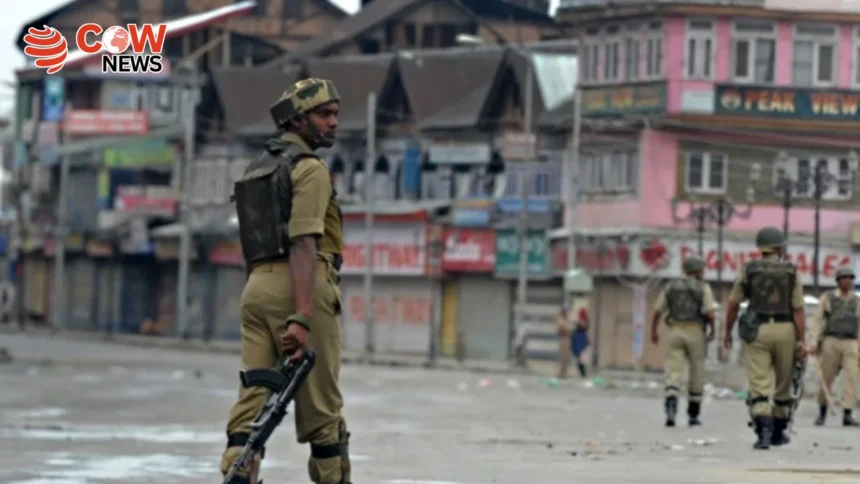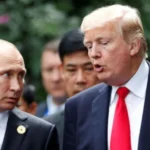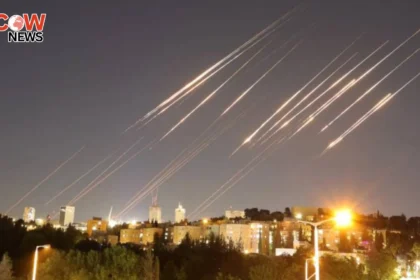Srinagar( The COW News Digital)The Indian government under Prime Minister Narendra Modi has intensified efforts to erase the historical and religious identity of the Kashmiri people, drawing sharp condemnation from political leaders and human rights activists in the region.
In a move widely perceived as a provocation, the Modi-led administration has removed official recognition for Kashmir Martyrs’ Day, which honors those who died resisting the autocratic rule of Dogra monarch Maharaja Hari Singh. Instead, the government has controversially declared Hari Singh’s birthday as an official holiday, a decision viewed by many as a deliberate affront to the Kashmiri people’s struggle for freedom and autonomy.
The administration of Lieutenant Governor Manoj Sinha has refused to permit public gatherings or commemorations for Martyrs’ Day. Strict restrictions have been imposed across several parts of Srinagar, effectively stifling any attempt to observe the day or pay respects at Martyrs’ Graveyards.
Political leaders in Jammu and Kashmir have fiercely criticized the decision. Former Chief Minister Omar Abdullah described the current political climate as the “rule of unelected officials over an imprisoned democracy.” He stated that Delhi’s appointed administrators are silencing elected representatives and rewriting Kashmir’s history.
PDP leader Mehbooba Mufti condemned the blockade of graveyards, arguing that barring citizens from paying tribute to martyrs reflects a deeply insecure administration. Sajad Lone, leader of the Jammu and Kashmir People’s Conference, added that the Indian government is attempting to “re-engineer” the region’s identity and memory to serve its nationalist narrative.
Since the revocation of Article 370 in 2019, which ended Jammu and Kashmir’s special status, the Modi government has systematically clamped down on symbols of Kashmiri resistance and autonomy. The latest move to celebrate a monarch once opposed by the people while banning tributes to those who opposed his regime has reignited allegations of cultural erasure and political oppression.
Many Kashmiris see these developments as part of a larger strategy to suppress the region’s historical narrative and dilute the population’s right to self-determination. Despite the restrictions, voices of resistance continue to emerge, rejecting what they call the rule of “occupying agents” backed by New Delhi.
Kashmiri civil society and political groups have vowed to preserve their historical memory and continue the peaceful struggle for identity and autonomy under mounting pressure







